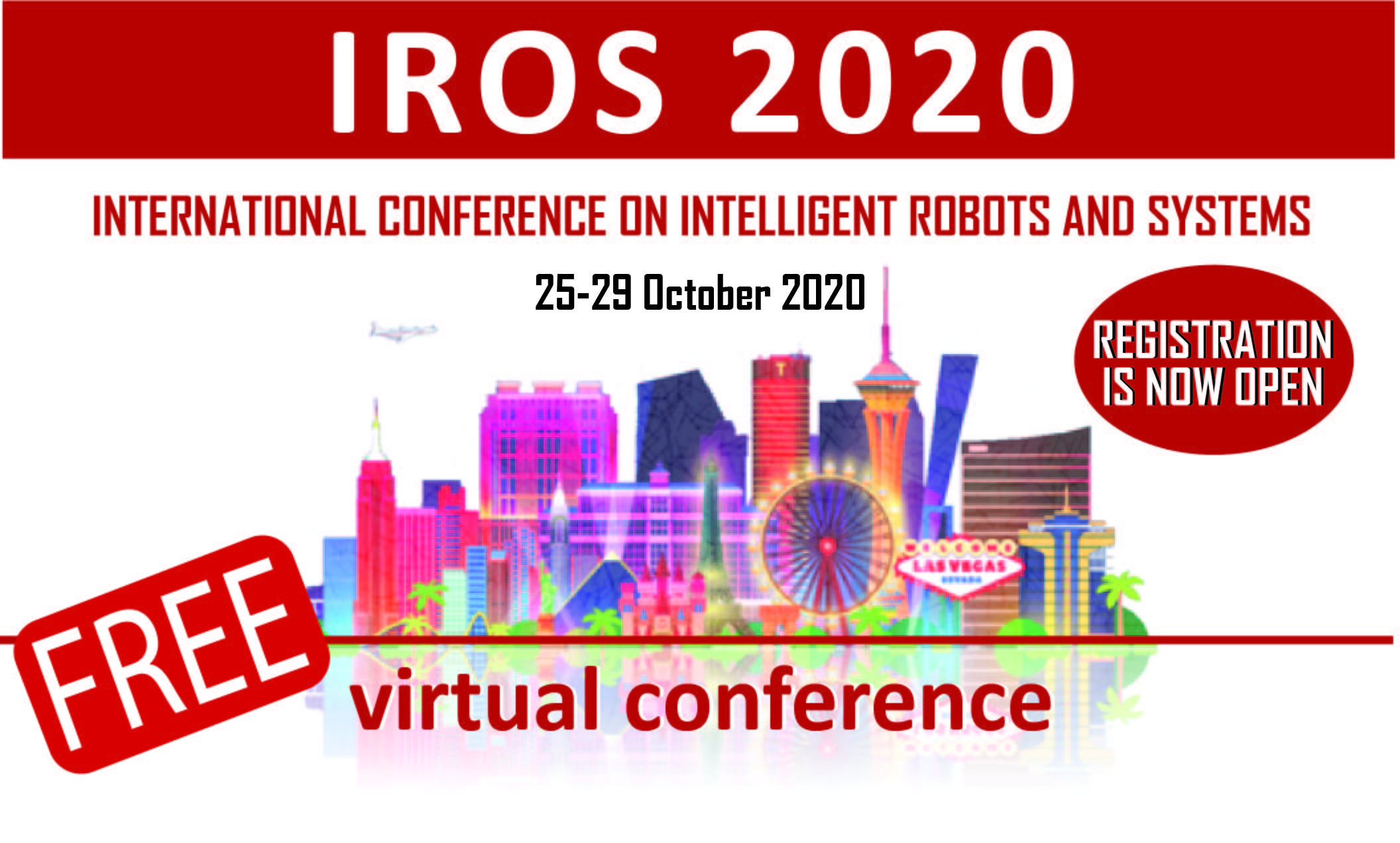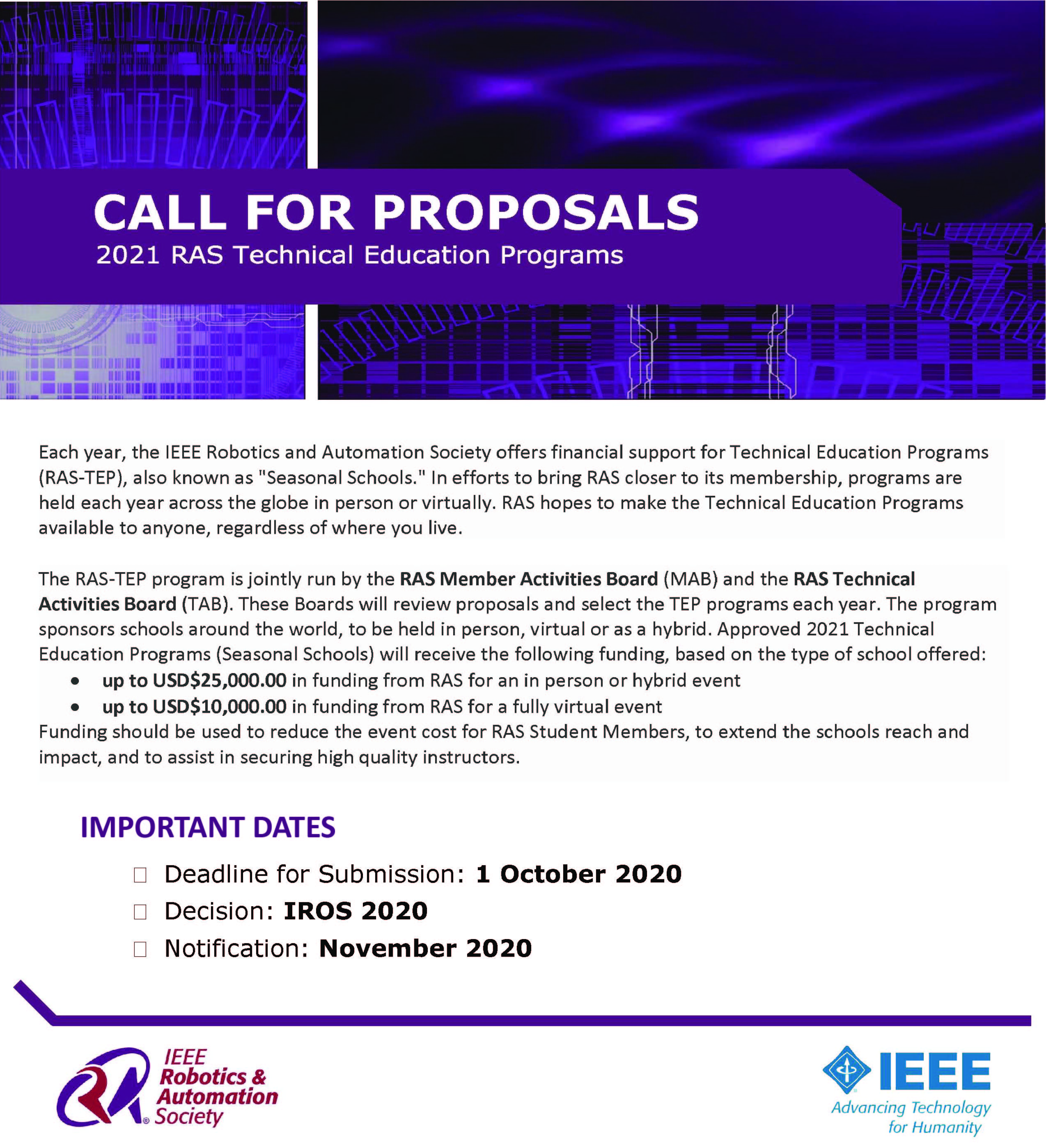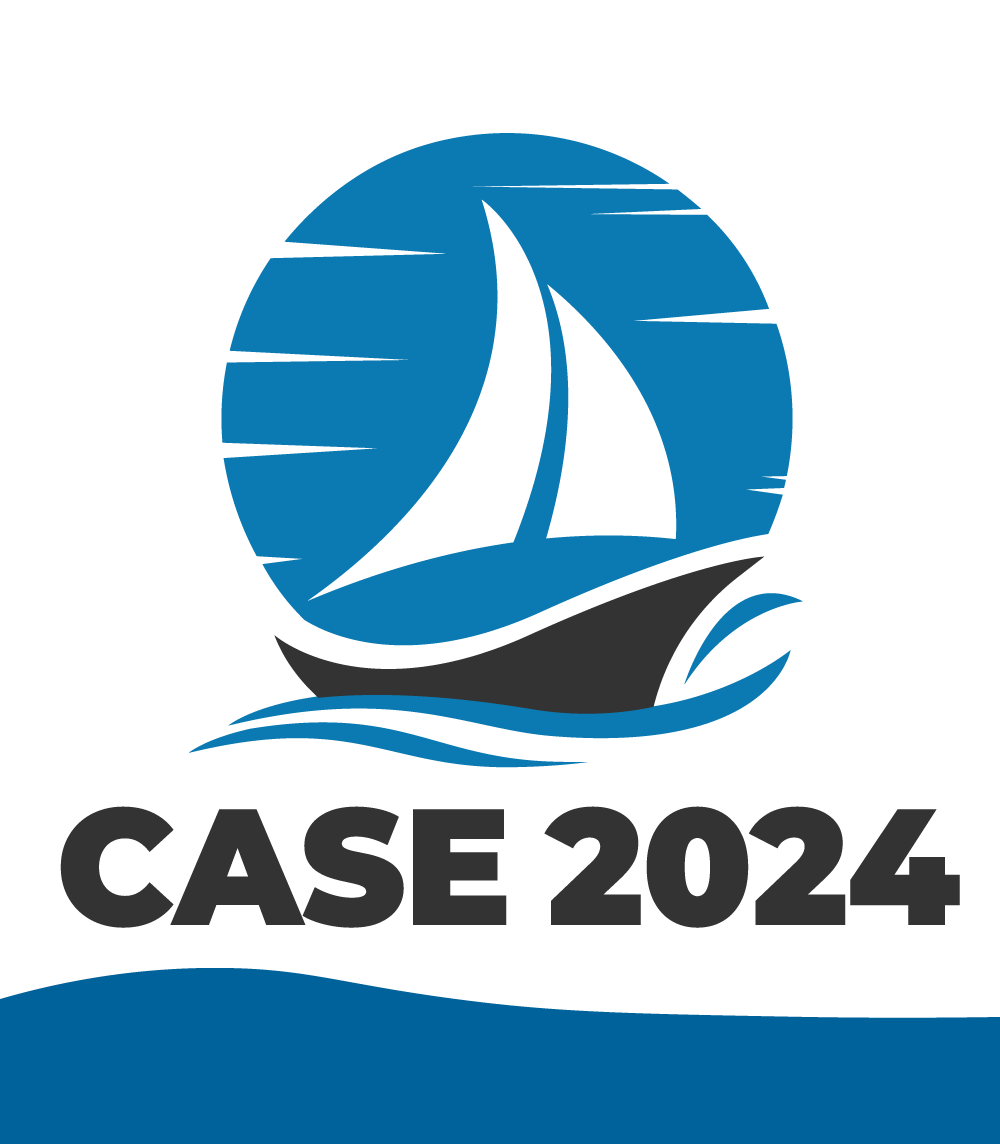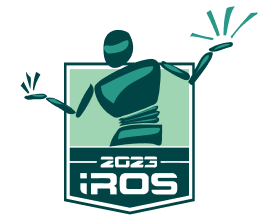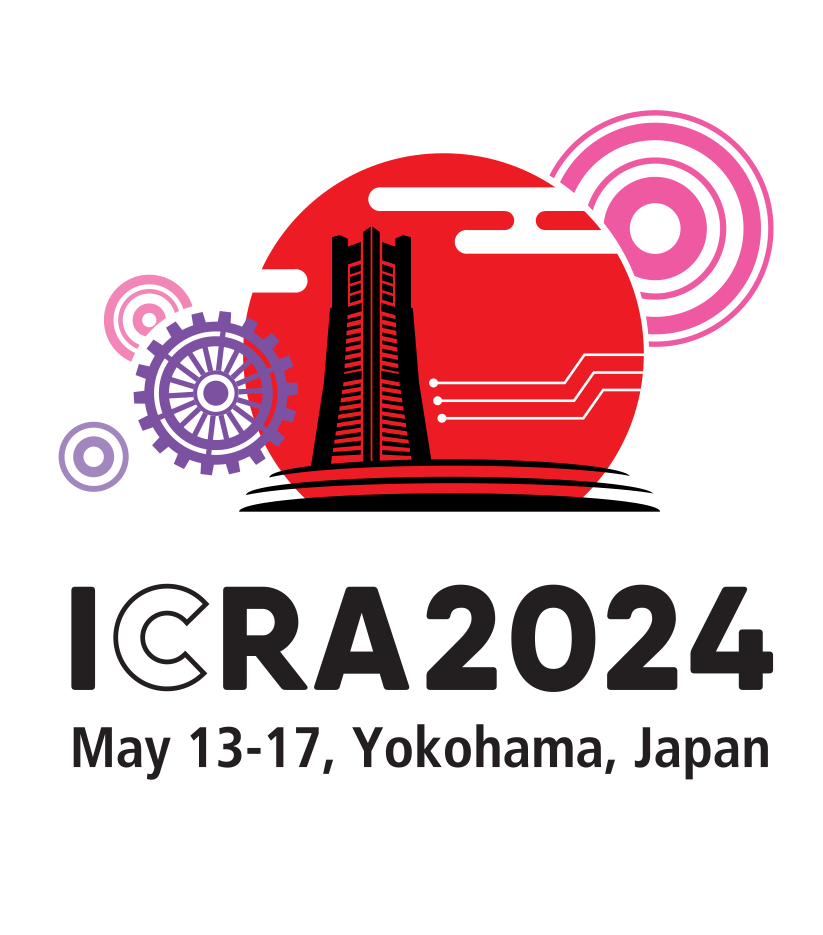Latest News
IEEE Senior Member is a high grade of IEEE membership. Any IEEE member can apply for the Senior Member grade. You MUST be an IEEE Senior Member to be nominated for the highest grade of IEEE membership, IEEE Fellow.
Requirements to become an IEEE Senior Member are not very high. Submit a Senior Member application form today! Applications are reviewed and approved on a rolling basis several times per year.
To be eligible for application or nomination, candidates must:
- Be engineers, scientists, educators, technical executives, or originators in IEEE-designated fields
- Have experience reflecting professional maturity
- Have been in professional practice for at least ten years (with some credit for certain degrees)
- Show significant performance over a period of at least five of their years in professional practice
For additional details on applying for Senior Member or to review the added benefits, please refer to the IEEE Senior Member webpage.
https://www.ieee.org/membership/senior/
2021 RAS Fellows Evaluated by RAS
Gianluca Antonelli – University of Cassino and Southern Lazio, Italy
“For contributions to modeling and control of underwater robots”
Timothy Barfoot – University of Toronto, Canada
“For contributions to mobile robot navigation”
Shuxiang Guo – Kagawa University, Japan
“For contributions to medical robots for minimally invasive surgery and biomimetic underwater robots”
Ayanna Howard – Georgia Institute of Technology, USA
“For contributions to human-robot interaction systems”
Hadas Kress-gazit – Cornell University, USA
“For contributions to automated control synthesis and formal methods for robotics”
Jose Neira – Universidad de Zaragoza, Spain
“For contributions to simultaneous localization and mapping (SLAM) for robot navigation”
Claude Samson – INRIA, France
“For contributions to mobile and underactuated mechanical systems control”
Jacquelien Scherpen – University of Groningen, The Netherlands
“For contributions to nonlinear model reduction and passivity-based control”
Danwei Wang – Nanyang Technological University, Singapore
“For contributions to modelling, analysis, and control for constrained robots”
Junzhi Yu – Peking University, China
“For contributions to bio-inspired swimming robots”
New York Times article, "Can We Make Our Robots Less Biased Than We Are?" mentions RAS members, Ayanna Howard and Odest Chadwicke Jenkins, and their commitment to ending the injustices in how their technology is often made and used.
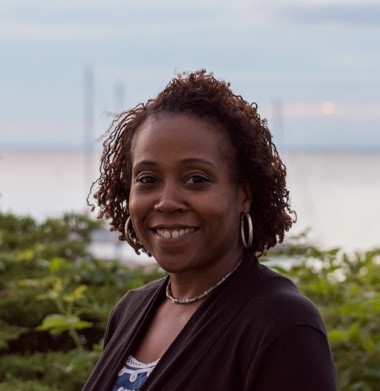
Ayanna Howard is currently serving as Editor in Chief of the RAS ICRA Conference Editorial Board, Member of RAS Conference Activities Board, and member of the RAS Women in Engineering Committee. Howard is Professor and Chair of the School of Interactive Computing at Georgia Tech, and Founder & CTO at Zyrobotics.

Odest Chadwicke Jenkins is currently serving as a Co-Chair of RAS CARES Committee and an associate director of the Michigan Robotics Institute at the University of Michigan. Jenkins' research interests include Mobile manipulation, computer vision, interactive robot systems, and human-robot interaction.
To read the full article click here.
Women in Robotics Panel
 Carlotta Barry
Rose-Hulman Institute
of Technology, USA |
Katie Driggs-Campbell
University of Illinois
Urbana-Champaign, USA |
Cecilia Laschi
National University of Singapore
Singapore |
|
Iolanda Leite
KTH Royal Institute
of Technology, SWEDEN |
Shawna Thomas
Moderator
Texas A&M University,USA
|
Karinne Ramirez-Amaro
Chalmers University of
Technology, Sweden |
RAS Standards Meeting will be held virtually on 27 October 2020 9:00am-11:00pm EDT
The IEEE Standards Association under the IEEE Robotics and Automation Society (RAS) is reviewing the proposal to establish a Study Group, Semantic Map for Autonomous Robots (SMART), to investigate the feasibility of creating standard for common representation of semantic map data for robots and validation under common parameters, with the goal of enabling robots to be more intelligent, and be able to plan and execute high level robotic tasks within real-world environments.
The SMART Study Group will investigate the potential for standardizing semantic map data model, data representation and data formats to express the relation among the data model entities. The data model expresses cognitive information about the environment of various types of robots equipped with artificial intelligence in the form of a global map containing local maps and transformation through the absolute and relative coordinate system. The standard data format permits the exchange of information among the mobile robots in a standardized method. Moreover, the standard contributes to promote development of experimental methodologies for mobile robotics as a valuable tool for facilitating comparison, benchmarking, and evaluation of semantic maps obtained from different systems.
The expected benefits of the established standard for semantic map data representation will facilitate various robotics applications such as autonomous robot navigation, factory logistic systems, industrial and agricultural robots, defense and rescue robots, and service robots for domestic application.
Motivation
The advent of robot-assisted surgery has consistently improved the outcome of surgical procedures by providing more effective and precise medical interventions. Hence, in recent years, autonomous systems in robotic surgery have attracted growing research interests in an enormous scope of applications. Concurrently to the growing needs and requests of sophisticated mechanisms that can help, enhance the medical procedure and in some extent replace the medical practitioners, concerns related to the safety of completely autonomous surgical robotic systems have emerged during the years. Hence, how to integrate advanced designs, modeling, perception, learning, control, and cognition, which involve the highest levels of the imaginative ability to bring the multi-information together and create novel solutions, is an effective way to enhance the level of autonomy of intelligent surgical robotic system and it is becoming an inspiring and promising subject which aim at improving the performance of
robotics surgery. However, there are still many challenges and problems related to safety of autonomous robotic surgical systems and their integration with the medical team which can be tackled only by developing more advanced robotic solutions.
”Bridging the Gap Between Soft Robots and Soft Materials: Discovering New Material Functionalities vs. Creating Architected Compliance”
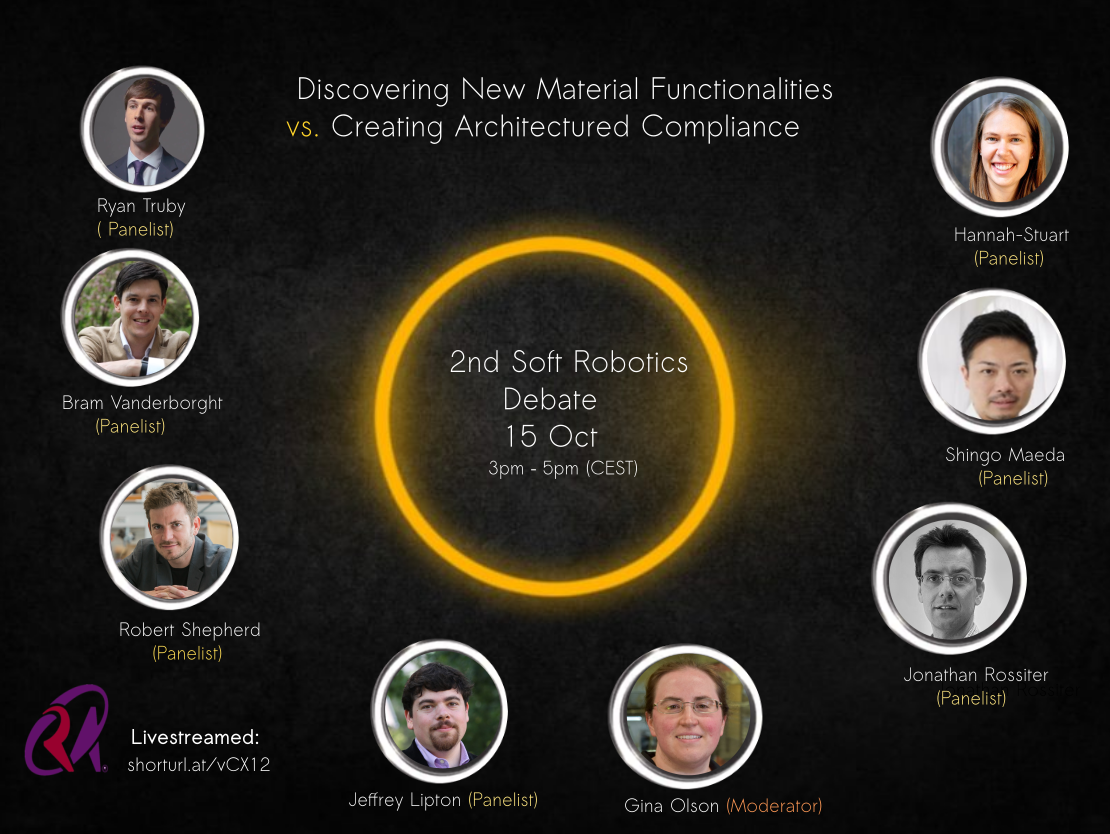
The Deadline to vote is 12 November 2020!
RAS members are voting to elect new RAS Administrative Committee members to serve 3-year terms beginning 1 January 2021. All RAS members (Graduate Student Members and above) have received voting instructions, the biographies, and statements of the candidates by email. RAS membership must be active as of 15 August 2020 to be eligible to vote. Members who do not have valid emails registered with the IEEE or have opted not to receive e-mail from IEEE, have received their election materials by post.
Use https://eballot4.votenet.com/IEEE to access the ballot and cast your vote now. If you do not remember your password, you may retrieve it on the voter login page. Voting must be completed no later than 12 November 2020. Any returns received after this date will not be counted. The online voting site will close at 4:00 pm Eastern Time.
Candidate bios and position statements are here: https://www.ieee-ras.org/about-ras/governance/election-candidates
If you have any questions about the IEEE Robotics and Automation Society voting process, please contact ieee-rasvote@ieee.org or +1 732-562-3904.
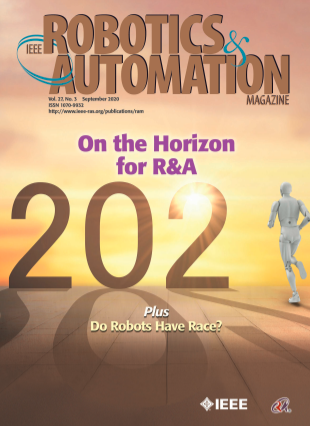
We are pleased to offer you the September 2020 issue of the IEEE Robotics and Automation Magazine!
| Miniaturized Robotics: The Smallest Camera Operator Bot Pays Tribute to David Bowie | Olivier Lehmann, Jean-Yves Rauch, Youen Vitry, Tibo Pinsard, Pierre Lambert, Michael Gauthier |
| Collaborative Surgical Robots: Optical Tracking During Endovascular Operations | Christoff M. Heunis, Beatriz Farola Barata, Guilherme Phillips Furtado, Sarthak Misra |
| Sewing up the Wounds: A Robotic Suturing System for Flexible Endoscopy | Lin Cao, Xiaoguo Li , Phuoc Thien Phan, Anthony Meng Huat Tiong, Hung Leng Kaan, Jiajun Liu, Wenjie Lai , Yanpei Huang, Huu Minh Le, Muneaki Miyasaka, Khek Yu Ho, Philip Wai Yan Chiu, Soo Jay Phee |
| Toward Autonomous Driving by Musculoskeletal Humanoids: A Study of Developed Hardware and Learning-Based Software | Kento Kawaharazuka, Kei Tsuzuki , Yuya Koga, Yusuke Omura, Tasuku Makabe, Koki Shinjo, Moritaka Onitsuka, Yuya Nagamatsu, Yuki Asano, Kei Okada, Koji Kawasakii, Masayuki Inaba |
| Unmanned Aerial Vehicle-Based Hazardous Materials Response: Information-Theoretic Hazardous Source Search and Reconstruction | Michael Hutchinson, Cunjia Liu, Paul Thomas, Wen-Hua Chen |
| Vine Robots: Design, Teleoperation, and Deployment for Navigation and Exploration | Margaret M. Coad, Laura H. Blumenschein, Sadie Cutler, Javier A. Reyna Zepeda, Nicholas D. Naclerio, Haitham El-Hussieny, Usman Mehmood, Jee-Hwan Ryu, Elliot W. Hawkes, Allison M. Okamura |
With much sadness, we report that our friend Alberto Elfes peacefully rested on 5 July 2020 at age 67. The robotics community bid farewell to one of its pioneers, an outstanding researcher who, in the mid-eighties, invented the occupancy grid mapping, the embryo of the probabilistic techniques in robotics.
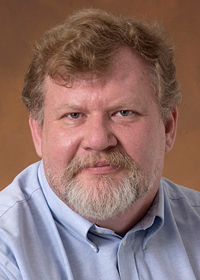
Born from german parents, in Maceio, State of Alagoas, Brazil, from an early age Alberto was interested in science and technology. In his late teens, he passed the admission entry exam to the Aeronautics Institute of Technology (ITA), Brazil. There he graduated in Electronic Engineering in 1975, obtained his master's degree in computer science in 1980, and was immediately hired as faculty. Alberto joined the Carnegie Mellon University in 1982 to pursue a Ph.D. in the emerging field of robotics. His dissertation entitled "Occupancy Grids: A Probabilistic Framework for Robot Perception and Navigation" marks a milestone in mobile robotics research.
After leaving Carnegie Mellon, Alberto held positions as Principal Research Scientist at the T.J. Watson Research Center (1989-1993), where he created the Mobile Robotics Laboratory. He returned to Brazil as project coordinator for the United Nations Development Program (UNDP) (1994-1997), where he acted as the director of the Automation Institute of Center for Information Technology (CTI) in Campinas, São Paulo (1994-1999). Among several advancements, Alberto conceived the Aurora Project, an autonomous airship for long term aerial monitoring and exploration (which was further advanced in this work at JPL). He then moved to Ulm/Germany as Mercator Professor (2000), and after one year, he accepted a position as Principal Scientist at Jet Propulsion Laboratory (2001-2011). In the last part of his career, he became the Chief Research Scientist in the Autonomous Systems Laboratory (ASL) at CSIRO in Brisbane, Australia, where he retired in May 2020.
Alberto was not only an all-embracing and curious mind, a cosmopolite, and a passionate robotics researcher but a caring teacher, mentor, and above all, a human being whose kindness touched each one who had the privilege to spend even a minute with him. Alberto Elfes was a loving husband to Noemia Elfes, an adored father to Cristiane and Albert, and an affectionate grandfather to Gabriel. He leaves a massive void in this presently unoccupied square of the grid, especially in our hearts, which only time can fill.
Mario F. Montenegro Campos, Universidade Federal de Minas Gerais, Belo Horizonte, Brazil
Erwin Prassler, Bonn-Rhein-Sieg University of Applied Sciences, Sankt Augustin, Germany
IEEE TRANSACTIONS ON AUTOMATION SCIENCE AND ENGINEERING
Special Issue on Challenges and Responses of Automation Science and Engineering to the COVID-19 Pandemic
The recent COVID-19 pandemic outbreak has posed a significant threat to health, life, economy, and the whole society, but also led to numerous challenges and opportunities to automation science and engineering research. Accurate and efficient testing and tracing of infective patients, rapid response of medical workforce, quick reconfiguration of manufacturing system for protective equipment, secured supply chain of medical resources, reliable tele-health and online services, safe reopening of business operations, and future fast production of vaccines, etc., are essential to help reduce system risk, prevent further infections, stabilize economy, and restore social life. Advanced automation science and engineering technologies, such as AI, data analytics, optimization, robotics, additive and digital manufacturing, 5G network, are critical to ensure effective responses. Such challenges and opportunities have significantly expanded the scopes of traditional automation science and engineering.
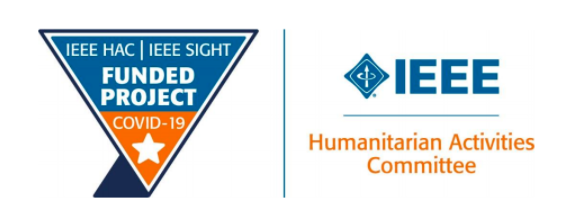
Deadline Date- 15 September 2020
IEEE HAC/SIGHT are soliciting IEEE member proposals for humanitarian and sustainable development projects that utilize technology to fight against COVID-19 in the areas of immediate impact, poverty mitigation, and inequality reduction.
Earlier this year, HAC/SIGHT funded over 70 grassroots member projects from 25 countries and 5 IEEE Regions in response to COVID-19. Given the tremendous response, another call for proposals has started. This time, the project scope areas are expanded to reflect the fact that the pandemic has not only affected health, but also exacerbated poverty and laid bare systemic inequality throughout the world.
Proposals may be submitted between now and 15 September 2020. More information may be found here!
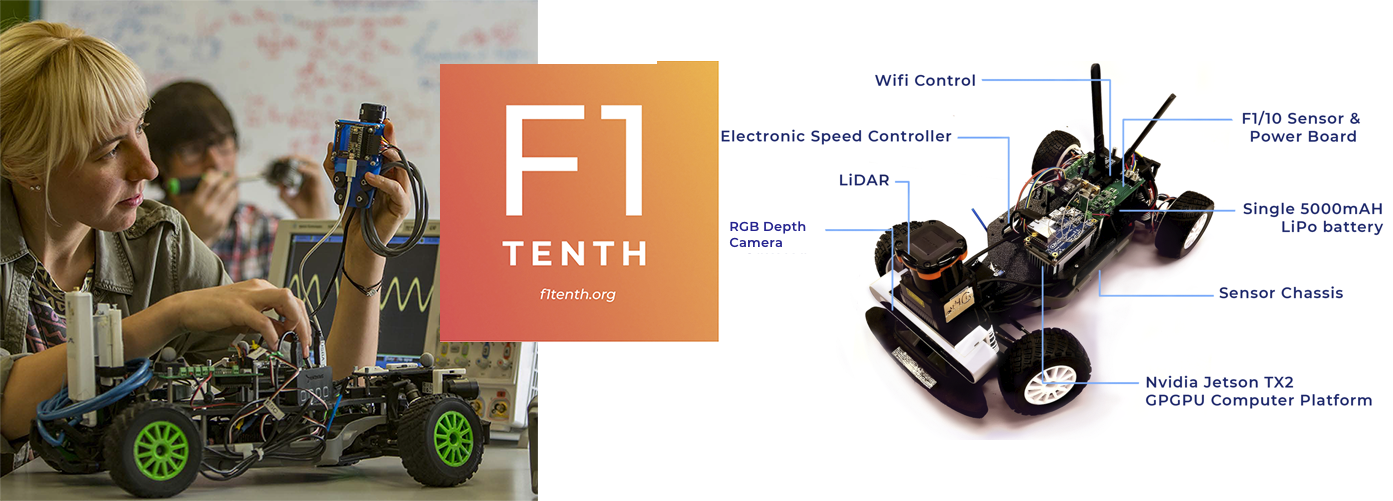
F1TENTH is an international community of researchers, engineers, and autonomous systems enthusiasts working with 1/10th scale autonomous racecars. We are excited to announce the 8th F1TENTH Autonomous Grand Prix/IROS 2020 F1TENTH autonomous racing competition! The IROS2020 timeline and more information is available on the race page.
Teams must develop robust perception, planning, and control algorithms that can deal with the uncertainties of a new track and new competitors. Just like a real Grand Prix, teams first qualify in a timed trial against each other to determine seeding and then compete head-to-head in an intense battle of algorithms. Highlights from the recent (July 2020) virtual IFAC competition can be viewed here.
We will be kicking off the 8th F1TENTH Autonomous Grand Prix with a webinar on September 2 at 13:00 EDT. We will go over race logistics and how to get started with the race simulator. The meet link is here.
Information on how to get started can be found in the Guidelines document.
Stay updated with us on slack in the #iros2020 channel.
Congratulations to the IEEE Robotics and Automation Society members recently elevated to Senior Member status by the IEEE Admission and Advancement Senior Member Review Panel.
To be eligible for application or nomination, candidates must:
- be engineers, scientists, educators, technical executives, or originators in IEEE-designated fields
- have experience reflecting professional maturity
- have been in professional practice for at least ten years (with some credit for certain degrees)
In addition, candidates for Senior Member grade must supply three references from current IEEE members holding the grade of Fellow, Senior Member, or Honorary Member.
For more information, visit https://www.ieee.org/membership/senior/ or Email senior-member@ieee.org.
|
Pradeep Kumara Abeygunawardhana Sri Lanka Section Sri Lanka Institute of Information Technology |
Maxwell Addison Ghana Section |
Andi Adriansyah Indonesia Section Universitas Mercu Buana |
|
Kasim Al-Aubidy Jordan Section Philadelphia University |
Javier Alonso-Mora Benelux Section Delft University of Technology |
Rosario Aragues Spain Section Universidad de Zaragoza |
|
Jeffrey Arcand Ottawa Section Ciena |
Ashwin Ashok Atlanta Section Georgia State University |
Mohamed Awadallah New South Wales Section University of Technology Sydney |
|
M Balaji Madras Section Frontline Electronics Pvt Ltd |
Giovanni Beltrame Montreal Section École Polytechnique de Montréal |
Patrick Benavidez Lone Star Section University of Texas at San Antonio |
|
Srijan Bhattacharya Kolkata Section RCC Institute of Information Technology |
Antonio Bo Queensland Section The University of Queensland |
Pascual Campoy Spain Section Universidad Politécnica de Madrid |
|
Zheng Chen Houston Section University of Houston |
Anthony Choi Central Georgia Section Mercer University |
Richard Coogle Atlanta Section Georgia Tech Research Institute |
|
Eddy Deeb Lebanon Section Alfa |
Prakash Duraisamy Mobile Section University of South Alabama |
Floris Ernst Germany Section University of Lübeck |
|
Mariam Faied Southeastern Michigan Section University of Detroit Mercy |
Glenn Friedman Santa Clara Valley Section GXTec Consulting |
Chandra Gajula Columbus Section Worthington Industries |
|
Kishore Gajula Columbus Section Fusion Alliance |
Liang Gao Wuhan Section Huazhong University of Science & Technology |
Ryan Gariepy Kitchener-Waterloo Section Clearpath Robotics Inc. |
|
Hammad Gilani Islamabad Section Institute of Space Technology |
Amit Gupta Denver Section Avaya |
KR Guruprasad Bangalore Section National Institute of Technology Karnataka |
|
Md. Habib Bangladesh Section Mawlana Bhashani Science and Technology |
Sami Haddadin Germany Section Technical University of Munich |
Kensuke Harada Kansai Section Osaka University |
|
Aseef Iqbal Bangladesh Section Chittagong Independent University |
Md Zahidul Islam Bangladesh Section Islamic University |
Rodrigo Jamisola Reg 8-Subsections of Africa Council Botswana International University of Science and Technology |
|
Li Jiangang Guangzhou Section Harbin Institute of Technology |
Maolin Jin Daejeon Section Korea Institute of Robot and Technology Convergence |
Sungho Jo Daejeon Section Korea Advanced Institute of Science and Technology |
|
Mvv Prasad Kantipudi Hyderabad Section Visvesvaraya Technological University |
Afthab Khan Malaysia Section UCSI University |
Joo Kim New York Section New York University |
|
Polychronis Kondaxakis Sweden Section ABB |
Emre Koyuncu Turkey Section Istanbul Technical University |
Makoto Kumon Fukuoka Section Kumamoto University |
|
Jaerock Kwon Southeastern Michigan Section University of Michigan |
Sandhya L. Kerala Section Sree Chitra Thirunal College of Engineering |
Darwin Lau Hong Kong Section Chinese University of Hong Kong |
|
Nuno Lau Portugal Section Universidade de Aveiro |
Mi Li Harbin Section Shenyang Institute of Automation |
Zheng Li Hong Kong Section The Chinese University of Hong Kong |
|
Gijs M Krijnen Benelux Section University of Twente |
Douglas Mackenzie Southeastern Michigan Section Hyundai Mobis North America |
Sagar Mahajan Bombay Section Prince Sultan University |
|
Ebrahim Mattar Bahrain Section University of Bahrain |
Harish Mekali Bangalore Section B. M. S. College of Engineering |
Ziyang Meng Beijing Section Tsinghua University |
|
Andres Mora Vargas Santa Clara Valley Section NASA Ames Research Center |
Mario Munich Metropolitan Los Angeles Section Embodied, Inc. |
Francisco Mur Spain Section Universidad Nacional de Educación a Distancia |
|
H Keith Nishihara Santa Clara Valley Section Lu and Nishihara Associates |
Emmanuel Nuno Guadalajara Section University of Guadalajara |
Calogero Oddo Italy Section Scuola Superiore Sant'Anna |
|
Robert Opalsky San Diego Section Qualcomm |
Huimin Ouyang Nanjing Section Nanjing Tech University |
Dr Suresh P Madras Section Muthayammal Engineering College |
|
Sujit P Bombay Section Indian Institute of Science Education and Research Bhopal |
Haseena P Y Kerala Section College of Engineering Karunagappally |
Claudio Pacchierotti France Section Centre National de la Recherche Scientifique |
|
Theodore Pachidis Greece Section International Hellenic University |
Gianluca Palli Italy Section University of Bologna |
Jia Pan Hong Kong Section University of Hong Kong |
|
Yongping Pan Guangzhou Section National University of Singapore |
Gaurav Pandey Houston Section Ford Motor Company 5 |
Kyung-Joon Park Seoul Section Daegu Gyeongbuk Institute of Science and Technology |
|
Mukesh Patil Bombay Section Ramrao Adik Institute of Technology |
James Patton Chicago Section University of Illinois at Chicago |
Jeffrey Piasecki Southeastern Michigan Section General Motors |
|
Kishore Pinninti Hyderabad Section Vallurupalli Nageswara Rao Vignana Jyothi Institute of Engineering & Technology |
Sakthinathan Pitchaiah Philadelphia Section |
Panagiotis Polygerinos Greece Section BIC |
|
Kuppan Chetty Ramanathan Madras Section Hindustan University |
Ludovic Righetti New York Section New York University |
Jee-Hwan Ryu Daejeon Section Korea Advanced Institute of Science and Technology |
|
Tanveer Saleh Malaysia Section International Islamic University Malaysia |
Thomas Savarino Santa Clara Valley Section Willow Glen Research |
Russell Schwoerer Seattle Section |
|
Dan Selisteanu Romania Section University of Craiova |
TaeWon Seo Seoul Section Hanyang University |
Adam Spring Atlanta Section |
|
Danail Stoyanov United Kingdom and Ireland Section University College London |
Zhenglong Sun Guangzhou Section The Chinese University of Hong Kong, Shenzhen |
Ning Tan Guangzhou Section Sun Yat-sen University |
|
Bhupinder Verma Delhi Section Lovely Professional University |
Atsushi Yamashita Tokyo Section University of Tokyo |
Zhi Yan France Section University of Technology of Belfort-Montbéliard |
|
Dana Yoerger Providence Section Woods Hole Oceanographic Institution |
Dongwon Yun Seoul Section Daegu Gyeongbuk Institute of Science and Technology |
Jing Zhao Denver Section Medtronic |
Congratulations to John Vig, IEEE Past President, IEEE Life Fellow and RAS member, for being selected recipient of the 2020 IEEE Richard M. Emberson Award!
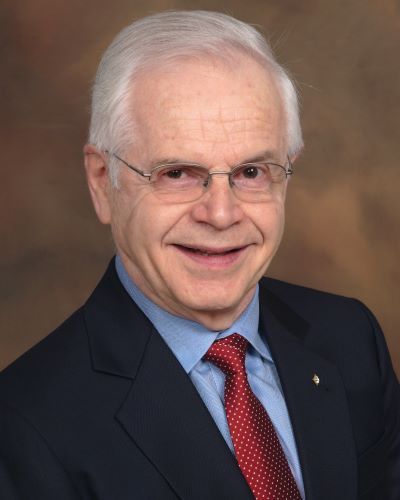
The 2020 IEEE Richard M. Emberson Award is given for distinguished service advancing the technical objectives of the IEEE, sponsored by the IEEE Technical Activities Board, is presented to JOHN VIG “For leadership, entrepreneurship, and perseverance in founding the IEEE Sensors Council and associated technical journals.”
To learn more, watch:
http://ieeetv.ieee.org/ieeetv-specials/honors-2020-john-vig-wins-the-ieee-richard-m-emberson-award?rf=channels|9&
Read more about the 2020 Medal and Recognition recipients at the Honors Ceremony Vision Innovation Challenges Summit
https://ieee-vics.org/ceremony-gala-2/ieee-award-recipients
Over the last decade there has been a significant increase of research activities focusing on robotic grasping and dexterous manipulation in dynamic and unstructured environments. The special issue “Robotic Grasping and Manipulation Challenges and Progress” of the IEEE Robotics and Automation Letters aims to summarize the state of the art and recent progress that has been achieved by the teams participating in the grasping and manipulation competitions of the IEEE-RAS Technical Committee on Robotic Hands, Grasping and Manipulation.
Due to the impact and disruption from Covid-19, the nominations deadline has been extended by one week. We hope that this will allow for a broader response in all categories.
Don't wait! The Award Nomination Deadline is Saturday, 1 August - NOW 8 August!!!.

Who are Leaders in the robotics and automation field? Who should be honored with a prestigious IEEE RAS Award? Consider nominating them! But hurry, the deadline for IEEE Robotics & Automation Society Award nominations is midnight (US EST) 8 August 2020.
Details for each award, including eligibility, nomination requirements and lists of previous recipients, may be found here:
www.ieee-ras.org/awards-recognition/society-awards








